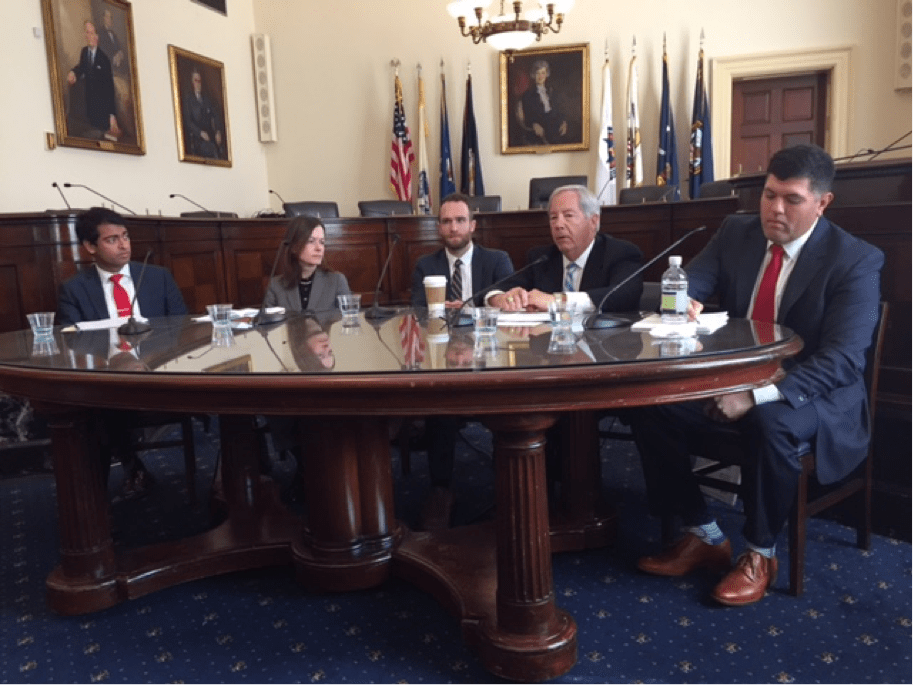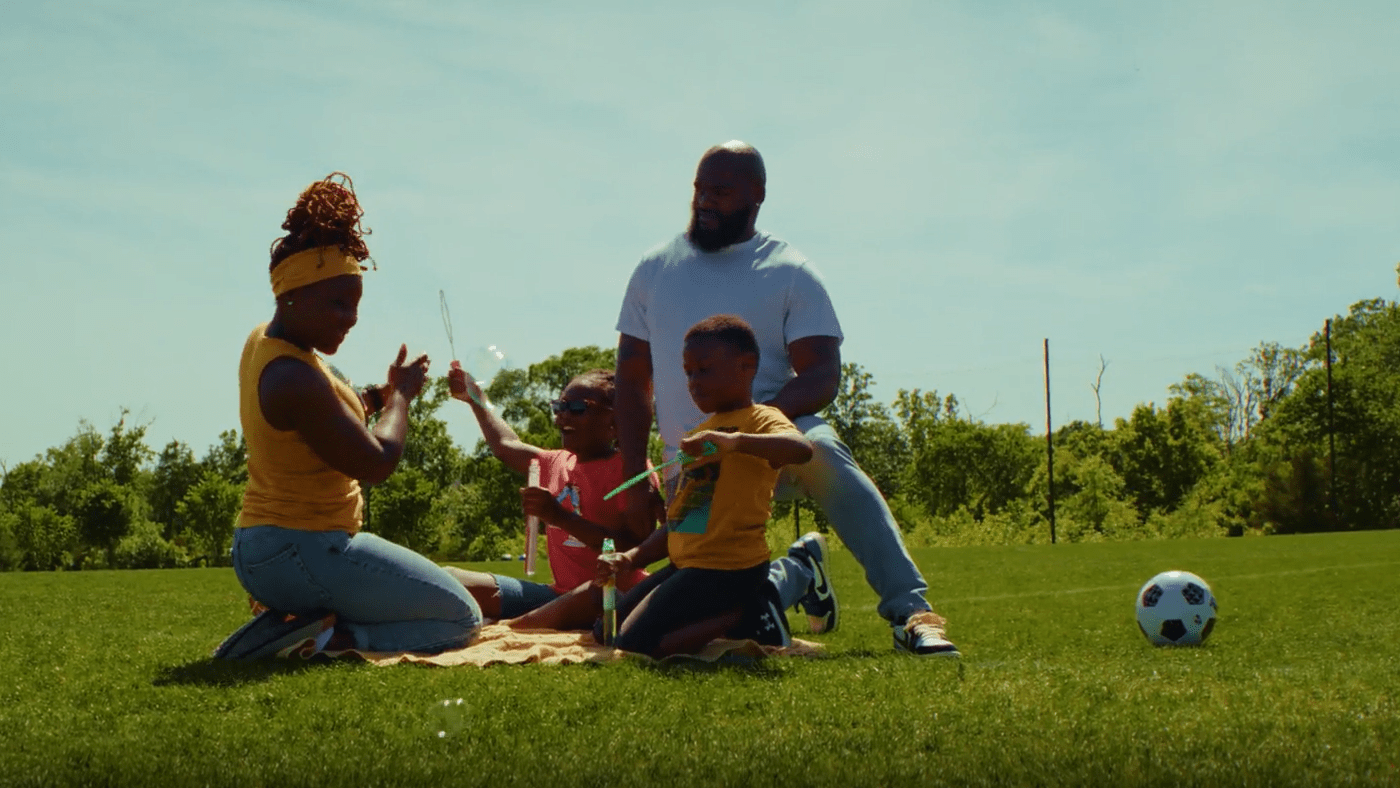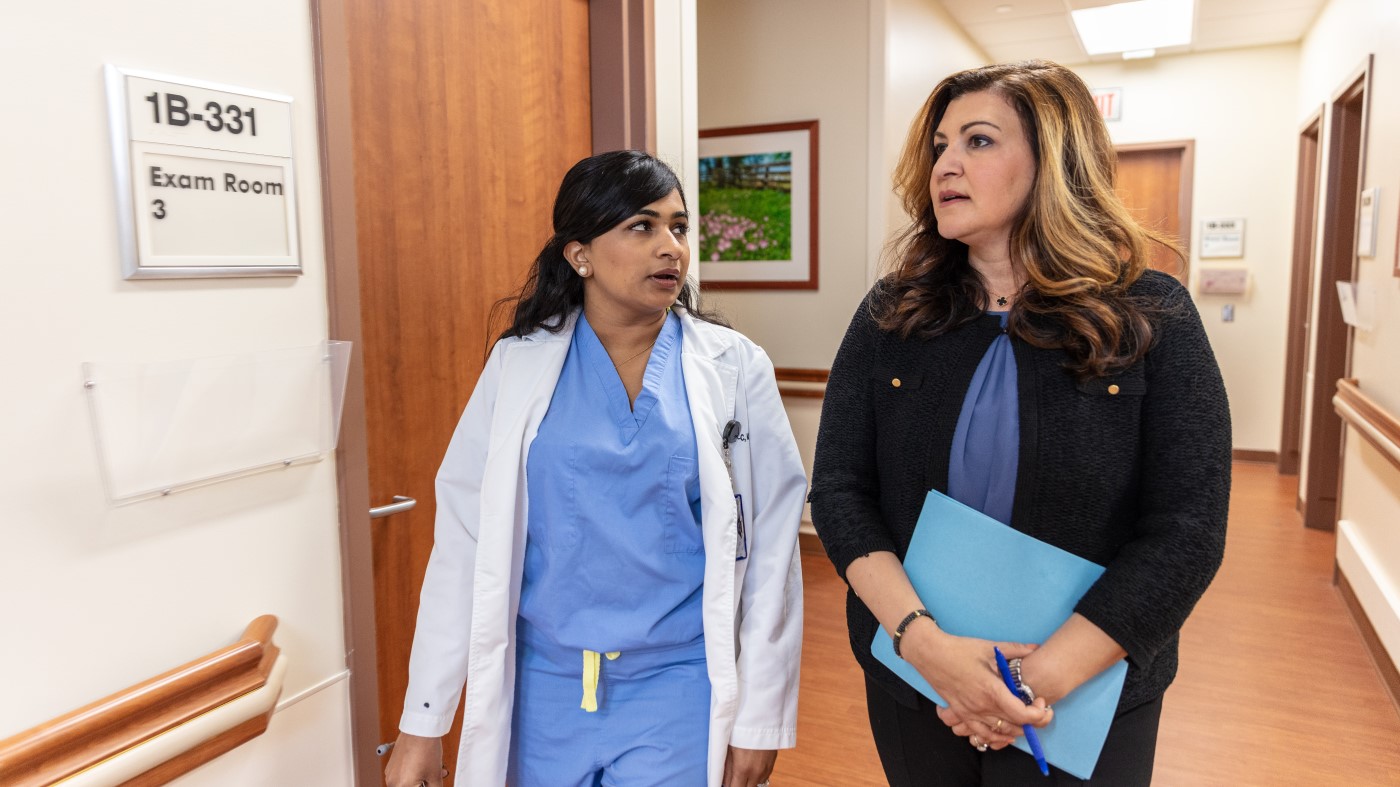On the Veterans Benefits Administration’s Facebook page, we often post content about Veterans employment measures, issues, announcements and hiring fairs. These are generally the kinds of opportunities that get passed along to us, or those that we find in the media. We spread the good word so that others can more easily find these opportunities.
But on occasion, and where applicable, we like to pass along what it is our own people our doing for Vets. One of those people is Curt Coy, deputy under secretary for the Office of Economic Opportunity. The OEO is the office that oversees VBA’s education and employment and transition efforts and Coy is at the forefront of those efforts.
Earlier last week, Coy participated in a panel event on Capitol Hill where he spoke with nonpartisan and nonprofit organizations who’re working with millennial policymakers to write laws that would benefit “the youngest generation of Americans.” The Millennial Action Project (MAP) sponsored the panel, and those in attendance, including TwinLogic Strategies, Amazon, and Engine, discussed Veterans’ Readiness in Technology: Preparing Veterans for Careers in the 21st Century Economy.
But what good is talk if nothing comes of it? Coy reported back to us that the focus was to “upskill” Veterans into the technology sector, meaning to train Vets and provide them with skills they could use in technology sectors and then to actually connect them to these organizations who are recruiting high-demand and well-paying IT jobs.
This is how the public-private partnership works. These government and private industry organizations want, need and value Veterans in the workforce, and we’re training, preparing and driving them to — through their VA benefits — these partners.
The panel highlighted the specific skills, discipline, and drive for success that Veterans bring to a technically complex industry. And that industry is growing.
Coy discussed with the panel how to expedite access to short-term training. The millennial policymakers, in turn, discussed legislative proposals: how to expand options for rapid, focused training for cyber security, coding, networking, and help desk support. The panel also discussed alternate approaches to access geared toward those not interested in traditional college experience.
Coy highlighted the success of VA’s Accelerated Learning Program (ALP) pilot, which was part of the President’s TechHire Initiative.
“The ALP pilot has given us considerable insight on the demand for this type of training and how Veterans would benefit,” he said. “It is clear that when Veterans benefit, so does the economy.”
Pictured above: Steven Olikara, co-founder and president of MAP; Ardine Williams of Amazon; Evan Engstrom of Engine; Curt Coy of VA; and David Molina of Operation Code.
Topics in this story
More Stories
As a military spouse, you have the dedication we want in someone who serves Veterans alongside us. See what VA has to offer.
In addition to supporting women Veterans, gynecologists can flip the script and find a better life/work balance at VA.
How much do you know about VA care, benefits and services? Don’t miss out on what you've earned—check out the "2025 VA Federal Benefits Guide for Veterans, Dependents, Survivors, and Caregivers" handbook to learn more.






